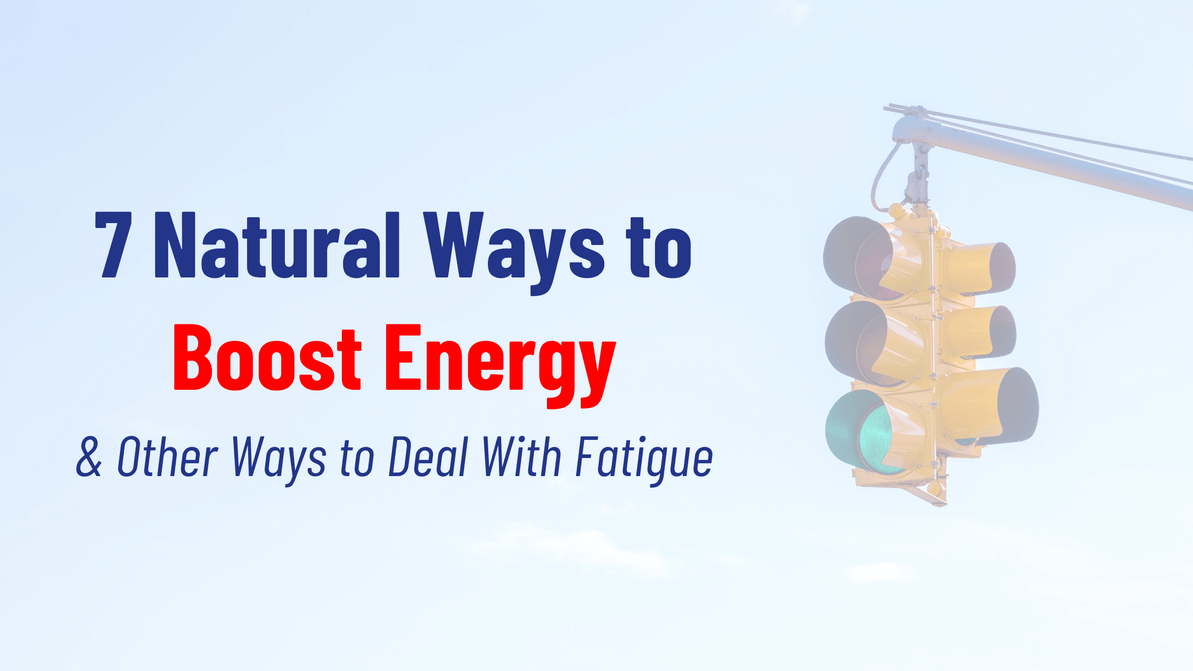7 Natural Ways to Boost Energy and Other Ways to Deal With Fatigue
Ever woke up expecting to feel energized only to realize you’re just as tired as you were the night before?
Or maybe you can’t do anything in the afternoon because you’re hit with the worst energy dip in the Universe.
Whether fatigue is a daily occurrence in your life or only occasionally, it can get in the way of your day-to-day activities.
In moments like these, you could use an easy pick me up. There are many natural ways to boost energy. Some work quickly, while some are more about daily habits to help you avoid feeling tired and sluggish.
So how to boost your energy naturally? What are the traps you should avoid? And when should you talk to a doctor? We’ll talk about all this and more. But first…
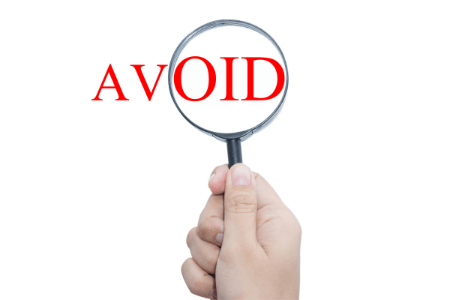
Pitfalls to avoid when tired
When looking for that “quick fix” that will give you an energy boost to keep working, it’s easy to fall into traps. These seemingly easy tricks to have more energy can set you up for failure. They can make you feel more fatigued later, can mess up your blood sugar levels, and may even give you insomnia.
Abusing energy drinks
Energy drinks aren’t all bad. But they’re often used in the wrong way. An energy drink before a strenuous workout can be helpful. One in the afternoon in the middle of a sedentary work day is not great for your health.
Sure, it might help you focus for a while. But for many, the energy boost is followed by an energy crash. In other words, you’ll find yourself more tired than you were before.
They can also cause dehydration and anxiety. On top of that, most energy drinks contain a lot of sugar. And guess what? Frequent highs and lows in blood sugar levels are a cause of fatigue.
Overeating/Snacking mindlessly
Have you ever felt tired and suddenly thought eating some cake, or some other snacks, would boost your energy? You’re not alone.
Food indeed energizes us, but it isn’t always the answer to our fatigue. On the contrary, eating too many carbs, especially sugar, can increase fatigue. You might get a temporary boost. But it will be gone before you know it, leaving you more tired than before.
So next time you’re tired and feel the urge to snack, ask yourself: “Am I really hungry?” If the answer is no, skip the snack.
Natural ways to boost energy

1. Take a walk or do a quick workout
It may sound counterintuitive, but taking a walk, and getting some fresh air, is often the best, fastest energizer you can get.
A quick, moderate workout can also boost endorphins and help you feel less tired. Research has proven exercise therapy can help fight chronic fatigue.
You’ll get the best results if you make exercise part of your weekly routine. Don’t worry; you don’t have to do it daily. Studies show exercising three times a week is enough to fight fatigue.
If you don’t have a workout routine yet, fear not! Exercise can help whenever you need a quick “pick-me-up,” even if you only do it occasionally.

2. Enjoy the sunshine
Whether you go for a walk, lay in a hammock on your patio, or open the blinds, try to get your daily dose of sunshine.
Sunshine is associated with better mood and, you guessed it, energy, and science backs up these claims.
Vitamin D is essential when trying to fight fatigue. A deficiency in vitamin D has been associated with fatigue in many uncontrolled studies. A 2016 randomized, controlled trial showed that this amazing vitamin can help you feel more energized.
So enjoy that sunshine whenever you can. It is, after all, the most natural source of vitamin D you can find. And if you live in a place or season where the sun isn’t present too often, consider supplementing. Sadly, this vitamin is harder to get from foods alone, so a supplement can be a real lifesaver.
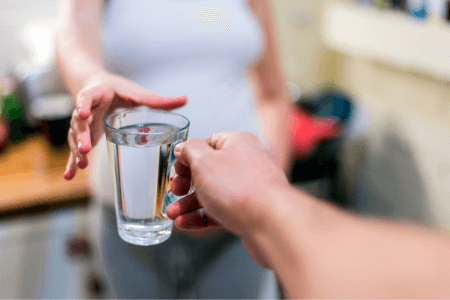
3. Hydrate
Believe it or not, dehydration can lead to fatigue. It can also impact your brain function, mood, and much more.
Next time fatigue seems to hit you out of nowhere, ask yourself if you’ve been drinking enough water. When in doubt, drink one more cup!
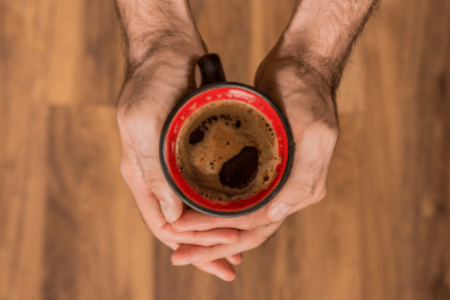
4. Use caffeine to your advantage
Caffeine often gets a bad reputation. While it’s true it can have side effects, like anxiety, insomnia, and more, it can also be beneficial—if you use it smartly.
Limit your coffee intake to 1-2 cups per day. To make sure it won’t give you insomnia, don’t drink it after 2 pm.
Alternatively, consider a lighter energizer. Green tea, for instance, contains less caffeine than regular coffee, but it still has a nice energizing effect. Many people feel good drinking green tea a bit later in the day.
We advise you to be mindful. Some people can drink green tea at 7 pm and have no trouble falling asleep a few hours later. Others feel its effect even if they consume the last cup at 4 pm.
Regardless of how much coffee you drink, remember one of its side effects: dehydration. So for every cup of coffee, add one cup of water.
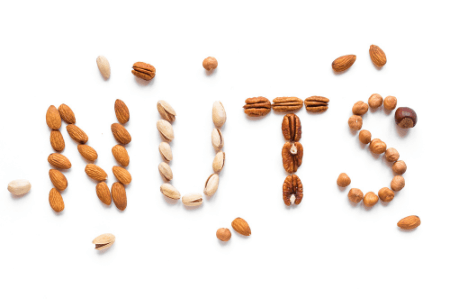
5. Snack on nuts
Mindless snacking is a mistake, especially if you reach for simple carbs and sugar. Snacking isn’t inherently wrong and can be used to fight fatigue.
Make nuts your no. 1 choice for snacks. For instance, almonds and peanuts are rich in magnesium and folate. Magnesium and B vitamins are great for reducing fatigue without making you feel jittery or anxious. Quite the opposite: magnesium is also excellent for those with anxiety and depression!
Don’t like nuts or have allergies? Supplements could come to the rescue. Yes, it is preferred to get vitamins and minerals from foods. But sometimes, getting the optimal dose isn’t possible, so there’s no shame in supplementing.
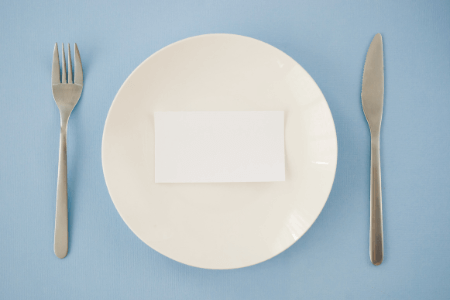
6. Don’t skip meals
Speaking of using food the right way, don’t skip meals.
Skipping meals messes up your blood sugar levels. It can lower them drastically, putting you at risk for hypoglycemia. Low blood sugar is known to impact energy, and not in a good way.
Plus, when you eventually eat, there’s a big chance you’ll overeat. If not, you might at least eat more carbs and sugar than you normally would. Queue the quick rise of blood sugar levels that will sooner or later be followed by another crash. The constant highs and lows make you feel exhausted.
So try to eat 3 balanced meals each day. Prioritize low glycemic foods, fruits, and vegetables to avoid the afternoon sluggishness.
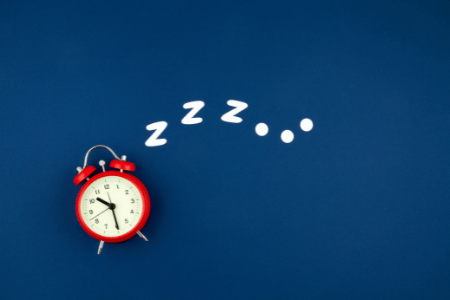
7. Sleep and relax
A healthy lifestyle that ensures you have plenty of energy must include good sleep and relaxation.
Make sure you’re sleeping 7-8 hours per night and take time to relax each day. Spa trips aren’t required. A 10-minute meditation session can do wonders.

What to do when nothing seems to work?
Sometimes fatigue seems to take over your life, and it won’t let go no matter what you do. It doesn’t matter how healthy your lifestyle is, what supplements you use, or how much you sleep.
In this case, it might be time to see a doctor. You could be dealing with a serious vitamin and mineral deficiency. Hormonal issues, such as thyroid conditions, are known to cause fatigue. Whatever it is, a doctor will help you find the answer.
Bottom line
We all experience fatigue once in a while. The good news is that there are many natural ways to boost energy.
A walk, enjoying the sunshine, moving your body, eating healthy, and staying hydrating, might be all you need to get an energy boost.
Avoid traps like relying on energy drinks all the time. One drink once in a while won’t impact your health too much. But relying on it multiple times a day will.
Supplements can also be helpful when nothing else seems to work, and fatigue takes over your life.
What are your favorite ways to boost your energy? Join us on Facebook and let us know!
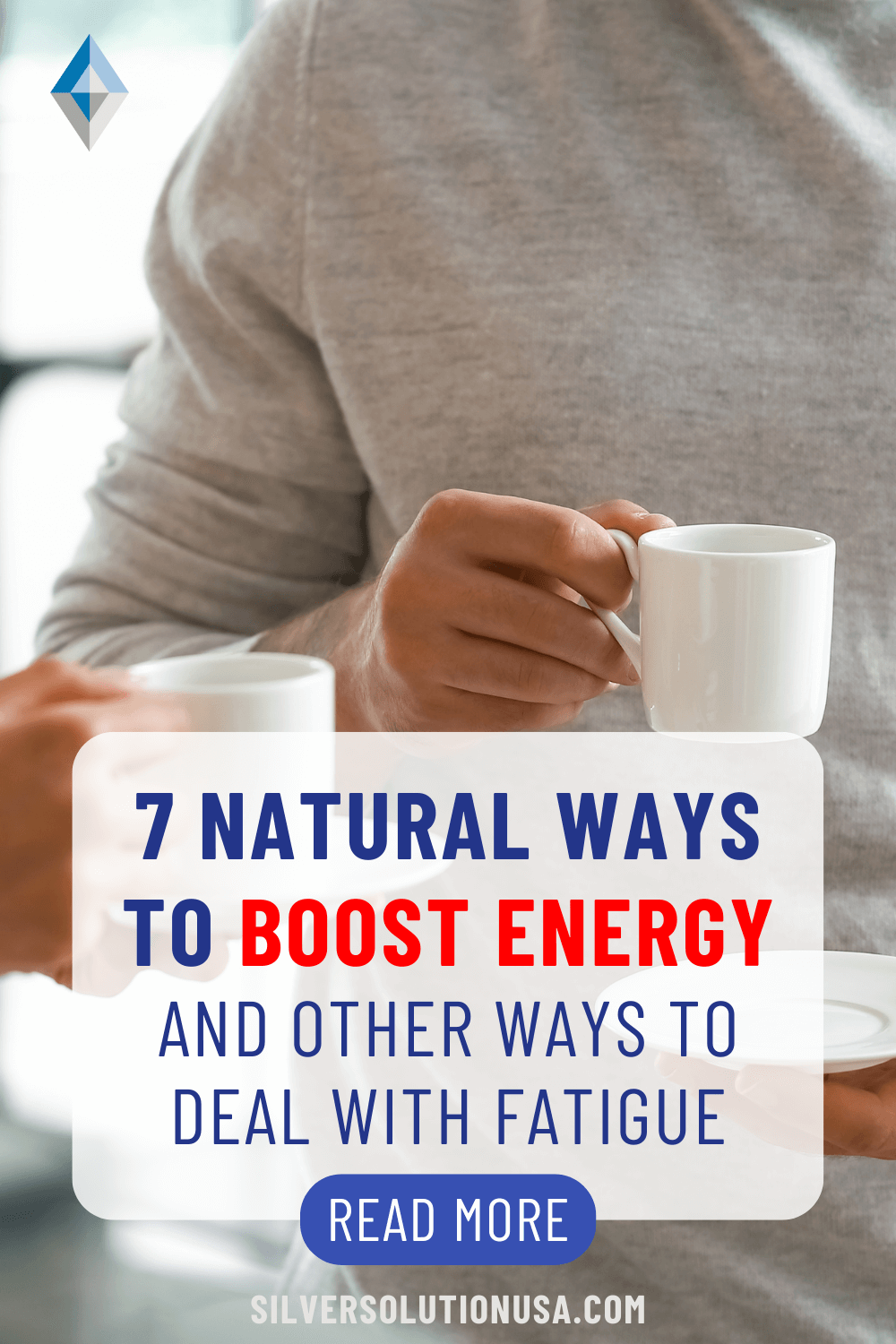
Health/Medical Disclaimer
This blog post does not provide health or medical advice. This blog post is for informational and educational purposes only and is not a substitute for professional health or medical advice. Before taking any actions based upon such information, we encourage you to consult with the appropriate medical and healthcare professionals. We do not provide any kind of health or medical advice. The use or reliance of any information contained on this blog is solely at your own risk.
Sources
https://pubmed.ncbi.nlm.nih.gov/28444695/
https://pubmed.ncbi.nlm.nih.gov/27031610/
Recent Posts
-
Are sunscreen ingredients harmful?
Sunny days can bring a lot of fun. Going out for a swim, spending time in nature, or relaxing on the …18th Mar 2024 -
The Veggie Debate: Does Cooking Vegetables Destroy Nutrients and the Best Ways to Cook Them
Vegetables are one of the healthiest foods you can choose. Some people downright hate them, while so …4th Mar 2024 -
Best Foods for COVID Recovery and Prevention
A few years ago, a new virus took the world by surprise. COVID-19 may look like the flu on the surfa …19th Feb 2024

